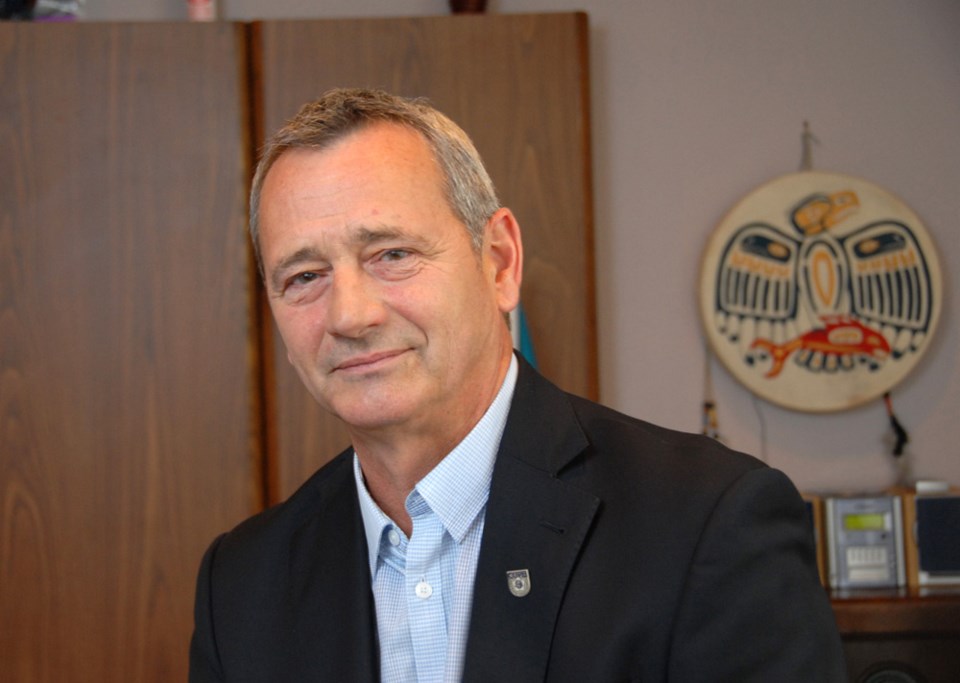The union leader for school support staff urged trustees and parents to push the provincial government to boost funding for public education at New Westminster's board of education meeting last week.
CUPE Local 409 president Marcel Marsolais presented a letter from his union calling on education partners to demand that the provincial government provide "adequate and sustainable funding" to meet the needs of students, including the cost of seismic upgrades, provincially bargained collective agreement settlements and increases to utility costs.
"As you know, the level of funding to our public education system has been inadequate to meet population demands for more than 10 years," Marsolais said, reading from a letter addressed to board of education chair Jonina Campbell.
It is Marsolais' union that has taken the brunt of the district's budget cuts this year, and more positions are on the chopping block again
While New Westminster has struggled financially over the years and still owes the provincial government $4.86 million, Marsolais blames the bulk of the district's budget woes on the provincial government's funding.
And he's not alone. Several districts across the province are grapping with budget shortfalls for next year, including New Westminster, which is contemplating larger class sizes and layoffs to cut $2.69 million to balance neat year's books.
Campbell told Marsolais, and the handful of other CUPE staffers who turned up, that the board expects to meet with Education Minister Peter Fassbender in a month.
"We are hoping to take a proactive approach," she said.
New Westminster Teachers' Union president Grant Osborne also spoke at the meeting, which was held on the evening before teachers launched their work-to-rule strike.
"We are working with a government that does not value public education," he said.
But Education Minister Peter Fassbender said funding for education has climbed significantly since the B.C. Liberals took over 2001.
"Funding for School District No. 40 in New Westminster is at record level $8,268, and that's an increase since 2001 of about $2,580 - about 45 per cent, and I recognize it will never be seen to be enough by some people, but we also have a responsibility not only to teachers and students and communities, we have a responsibility to the taxpayers as well," he told The Record. "The challenge for a lot of districts is how do they allocate that funding."
He noted that the province "brought in" superintendent John Gaiptman to help the district deal with its deficit situation. The district still owes $4.9 million to the province for previous budget shortfalls. Boards are required by law to present balanced budgets.
The province is focused on maintaining its high credit rating to keep interest costs down for taxpayers, Fassbender noted.
"One of the issues that we all face is that if we want more money being spent, where is that money going to come from?" he said. "When you look at the cost to taxpayers and the investment to education that we make - it is the second largest budget in government. Even when we had tough financial times we continued to fund education and add more money to it."
Parents are buying the union "rhetoric" about the dire conditions in public schools that they are hearing from unions, he said.
"I don't buy the BCTF ads that our classes are in dire straights," Fassbender said. "I think that is a positioning thing, and I understand why they do it, but I have a lot of confidence in administrators and teachers in our province."



